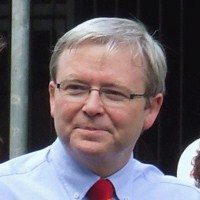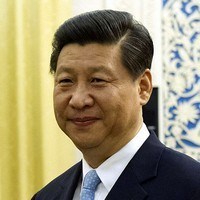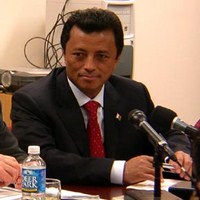
For more than a year, the Democratic Union Party (PYD) and its People’s Defense Forces (YPG) have exercised state-like power in the Kurdish regions of Syria. Supported by Iran with weapons and ammunition moved through central Iraq, the PYD—a Syrian affiliate of Turkey’s Kurdistan Workers’ Party (PKK)—controls large parts of the border region between the Kurdish areas of Syria, Turkey and Iraq. Activists criticizing or not cooperating with the PYD have been abducted, tortured and sometimes killed. The PYD imposes taxes on gasoline, collects border fees and has established a system of courts. Since summer 2012, the Syrian regime has […]
















